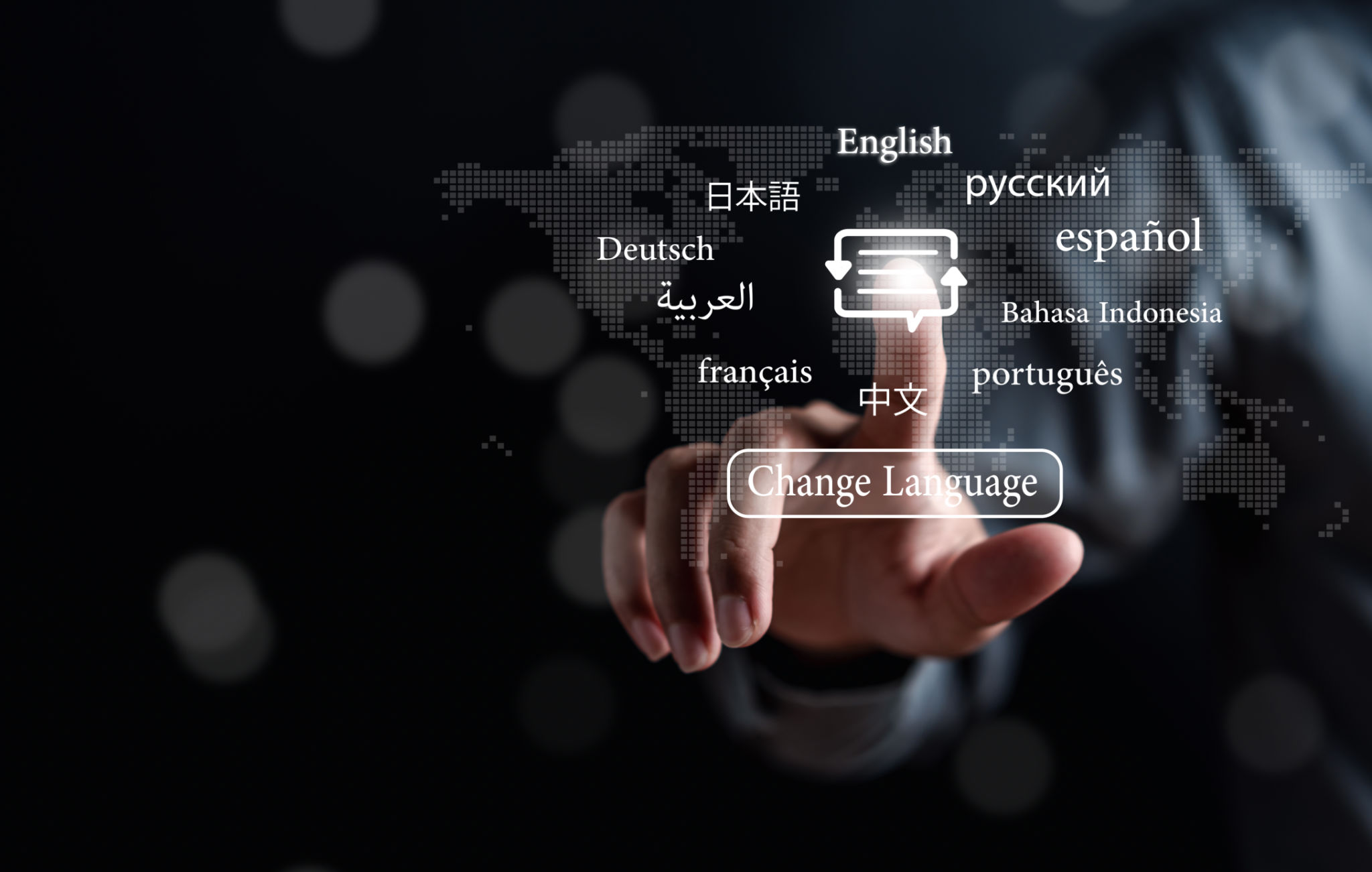A Guide to Navigating Multilingual Legal Documents in North Macedonia
Understanding the Importance of Multilingual Legal Documents
In North Macedonia, a country with a rich tapestry of languages, navigating multilingual legal documents is essential for businesses and individuals alike. The nation's official language is Macedonian, but Albanian is also widely spoken, especially in certain regions. This linguistic diversity necessitates clear and accurate translations of legal documents to ensure compliance and mutual understanding.
Legal documents, by their very nature, are complex and require precise language. Any misinterpretation due to language barriers can lead to significant legal and financial repercussions. Therefore, handling these documents with care and expertise is paramount.

Common Types of Legal Documents Requiring Translation
Several types of legal documents frequently require translation in North Macedonia. These include:
- Contracts and Agreements
- Property Deeds and Titles
- Business Licenses and Permits
- Immigration Documents
- Court Judgments and Legal Notices
Each of these documents carries its own set of challenges when it comes to translation. Ensuring that they are accurately translated is crucial for maintaining their legal validity and ensuring that all parties involved have a clear understanding of their rights and obligations.
Selecting a Qualified Translator
Choosing the right translator is one of the most critical steps in dealing with multilingual legal documents. A qualified translator should not only be fluent in the target language but also possess a deep understanding of legal terminology and concepts. Ideally, they should have experience in translating similar documents and be familiar with the legal system in North Macedonia.

It's also beneficial to hire translators who are certified or accredited by recognized professional bodies. This adds an extra layer of assurance regarding their competency and reliability. Additionally, verifying their references and previous work can provide insight into their proficiency and attention to detail.
Ensuring Accuracy and Consistency
Accuracy is paramount in legal translations. A single mistranslation can drastically alter the meaning of a document, potentially leading to disputes or legal challenges. To mitigate this risk, it's advisable to implement a multi-step process involving initial translation, proofreading, and final review by a second qualified translator.
Consistency is equally important, especially in documents that are part of a larger set, such as contracts with multiple addendums. Establishing a glossary of key terms can help maintain uniformity across all documents.

The Role of Technology in Legal Translations
Technology plays an increasingly significant role in the translation of legal documents. While machine translation tools can assist with preliminary translations, they should not replace human translators when it comes to legal texts. These tools can be used to streamline the translation process but must be paired with human expertise to ensure accuracy.
Translation management systems (TMS) can help organize and track the translation process, ensuring deadlines are met and all necessary revisions are incorporated. These systems can also facilitate collaboration among translators, proofreaders, and legal experts.
Navigating Potential Challenges
Despite best efforts, challenges may still arise when dealing with multilingual legal documents. Cultural differences can impact interpretations, and certain legal concepts may not have direct equivalents in other languages. Engaging local legal experts can provide valuable insights into these nuances.
Furthermore, maintaining confidentiality is crucial when dealing with sensitive legal information. Ensuring that all translators and involved parties adhere to strict confidentiality agreements protects the interests of all stakeholders.

Conclusion: Best Practices for Success
Navigating multilingual legal documents in North Macedonia requires careful planning, expert translation services, and a keen understanding of both linguistic and legal nuances. By selecting qualified translators, leveraging technology judiciously, and being aware of potential challenges, businesses and individuals can ensure that their multilingual legal documents serve their intended purpose effectively.
Adhering to these best practices not only fosters clear communication but also safeguards against potential legal pitfalls, paving the way for successful operations within North Macedonia's diverse linguistic landscape.